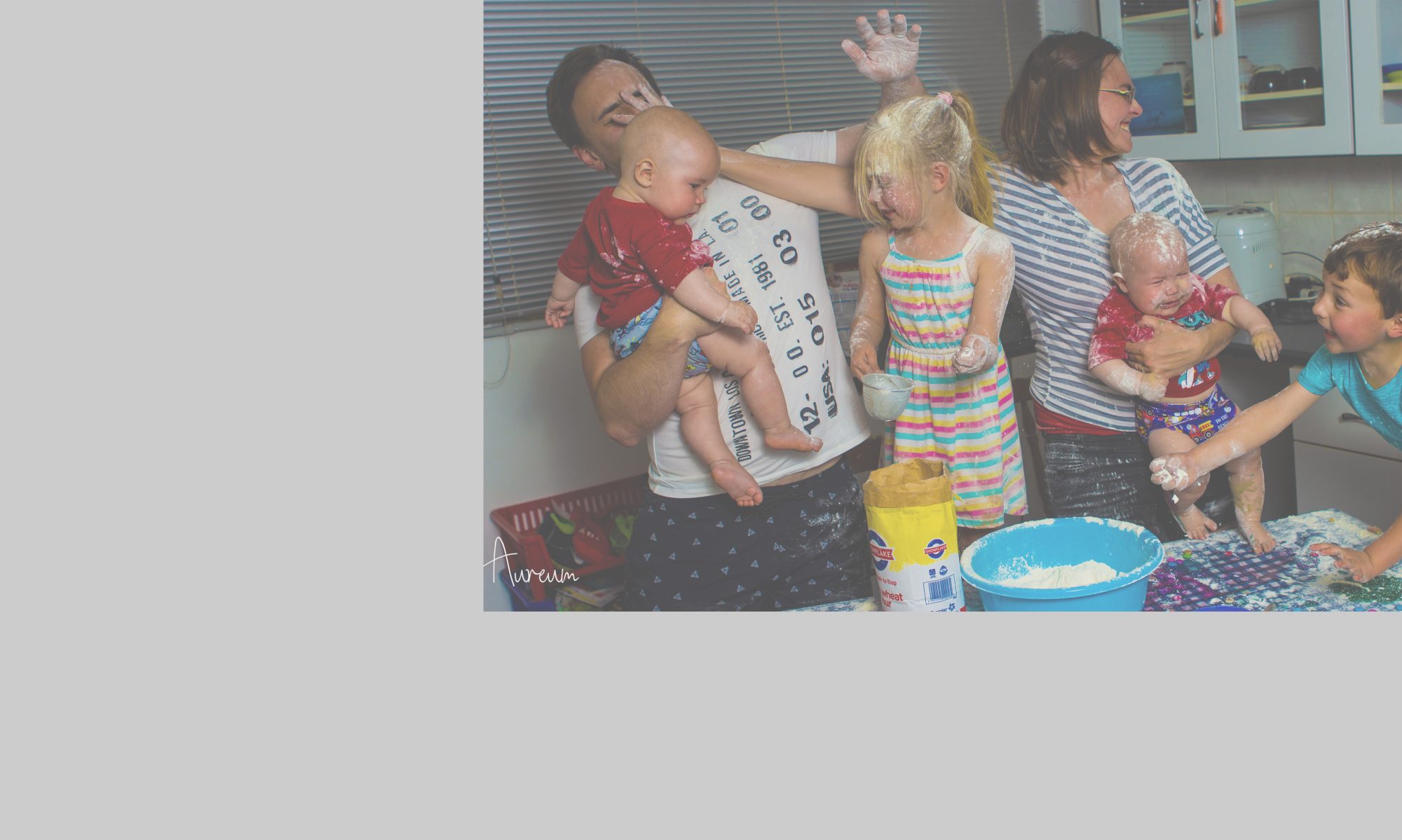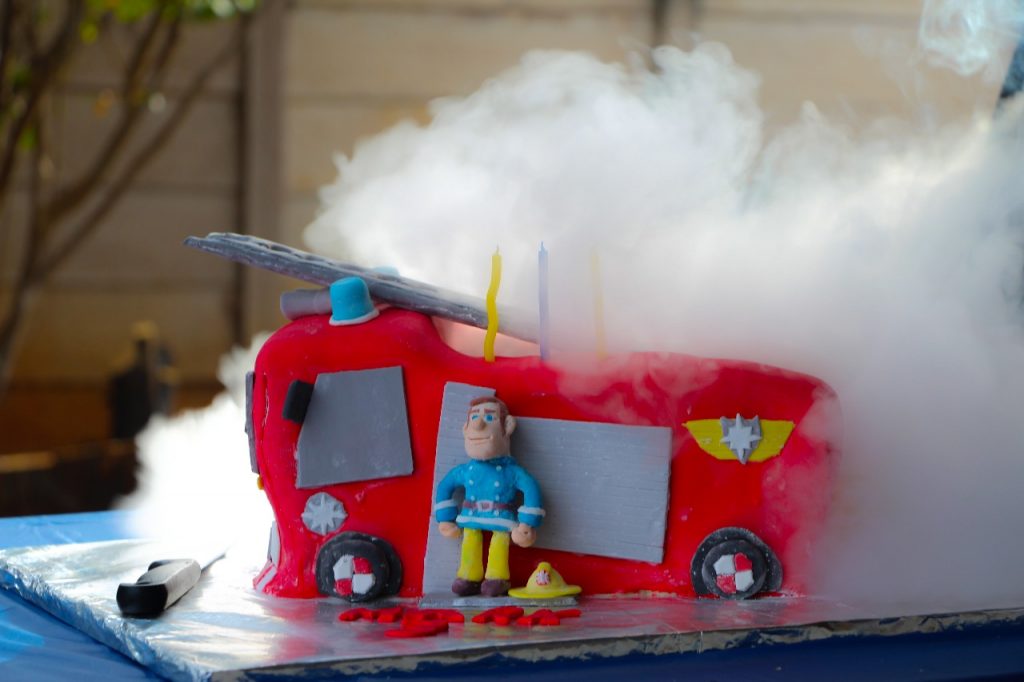Respect. What a difficult word to narrow down. We know what we believe it looks like, but what does it mean when we bring the word respect into the conversation with children.
We have so many cultural and societal teachings that revolve around respect. Respect is good, and we should teach it to our children, however, we need to narrow our understanding of respect and how we teach it. Respect is treating someone with dignity. The dictionary defines respect as follows:
A – Politeness, honour, and care shown towards someone or something that is considered important: You should treat your parents with more respect. / They have no respect for other people’s property.
B – A feeling that something is right or important and you should not attempt to change it or harm it: In their senseless killing of innocent people, the terrorists have shown their lack of respect for human life. / They did not have respect for the law.
C – The feeling you show when you accept that different customs or cultures are different from your own and behave towards them in a way that would not cause offence: They teach students to have respect for different races and appreciate diversity of other cultures
D – Formal respect: polite and formal greetings

Looking at the above, respect in a nutshell is how we treat each other and ourselves. In society today there are other ideologies connected to respect that are damaging to society as a whole. These ideologies balance on the tightrope of expectations, acceptance and power.
For the sake of this discussion, we will be breaking the concept of respect up into three categories
1 – Authoritarian respect
2 – Natural respect
3 – Earned respect
Authoritarian respect
This is an ideology of what “respect” is that isn’t really respect. It is the enforcement of authority that silences the voices of people and children. Authoritarian respect is the idea that when someone is older or in a position of authority (whether given, gained or culturally enforced), they have respect and they are not allowed to be questioned or challenged. Their word is law and even when they are in the wrong, it is disrespectful to point it out to them. You have to do what they say or suffer some form of punishment. Authoritarian respect is fear mongering disguised as a position of importance and power.
Natural respect
Natural respect is a cultivated intuitive respect for people’s needs and ideas. The ability to recognise that each person is different and needs to be accommodated and supported. The best example will be seeing an older person who is frail and cannot stand very long and offering up your seat if you are able to stand for longer. It is respecting a child’s body as their own and not expecting them to hug or kiss people they do not want to. It is understanding that some people have invisible disabilities and creating space and accommodating their needs. It is accepting and including people into your community without judgement.
Earned respect
This is respect that is given to someone, based on their behaviour and knowledge. Earned respect can be challenged and questioned. It also falls within selected categories. We can respect someone’s knowledge, without respecting their actions. We can respect someone’s role in society, but we don’t have to respect or agree with their world views. For example I can respect that someone is a president of the country (thus respecting their position) but I do not have to respect their actions.
Authoritarian respect is usually the form of respect expected from children towards society. They have to obey and not question. They have to do on demand and they may not have any opinions of their own. They always have to speak in respectful tones of voice and never disagree. They have to allow people in authority (all people older than them) to do as they please and they have to keep those in authority happy. We often see it when an older person complains about not getting a hug when they want one, or when a parent complains about back chatting. We see it when people grumble about the “children of today”, what is it they are grumbling about? A child is dared not to toe the line or stand up for themselves. They demand that a child give up their seat, assuming that they have the right to that seat, just because they are older than the child. We see it daily when people grumble that a crying child is disrespectful to the people around them, because the child is audibly expressing their needs and upset. We see it in the narrative regarding breastfeeding in public. Authoritative respect demands that their needs and authority is of a higher order than anyone else’s.
Natural and earned respect is more inclusive. By practicing, guiding and teaching our children this type of respect, respect becomes internalised and easier to manage. I want my children to respect people, but I want them to respect all people as whole human beings. I want them to understand that age does not equal respect, that one can and should always ask questions even when you respect someone. I want them to learn how to question respectfully. I want them to learn that trusting their voice does not equal being disrespectful, but that the way they use their voice must be respectful. I want them to learn that in society respect is a two way street and that sometimes doing the right thing may be viewed as disrespectful and that is okay. I want them to value being questioned without them feeling that they have ever earned the right not to be questioned.
How do we teach our children Natural and Earned respect?
1 – Respecting their voice. Listen to them, not with an ear of correction, but an ear of engagement.
2 – Respecting their body. It is theirs, they get to decide what they do with it. They should be able to say no and stop, regardless of the situation.
3 – Discuss with them the challenges some people may face. Think in the lines of differently abled people, younger people and older people and racial disparities of the past and the here and now.
4 – Teach them how to question and disagree – This is why back chatting is so important. Read our blog on this. here
5 – Teach them to take care of their belongings and respect others belongings.
6 – Treat them with the same respect you want them to treat you. Kids always mirror the way we behave. This is how they learn. If we treat them like robots and not whole human beings, then we should not be surprised if they treat us the same way.
7 – Model respect to others. The way you treat the others, will be the way your child learns to treat others.
Throughout life we all face the challenge of having to disagree with someone who is older, or in a position more senior than us. We all face the challenge of having to engage someone in a position of knowledgeable authority, we struggle to do so, because we were raised to view fear as respect. Let us not make that our children’s legacy.
9,074 total views, 1 views today


